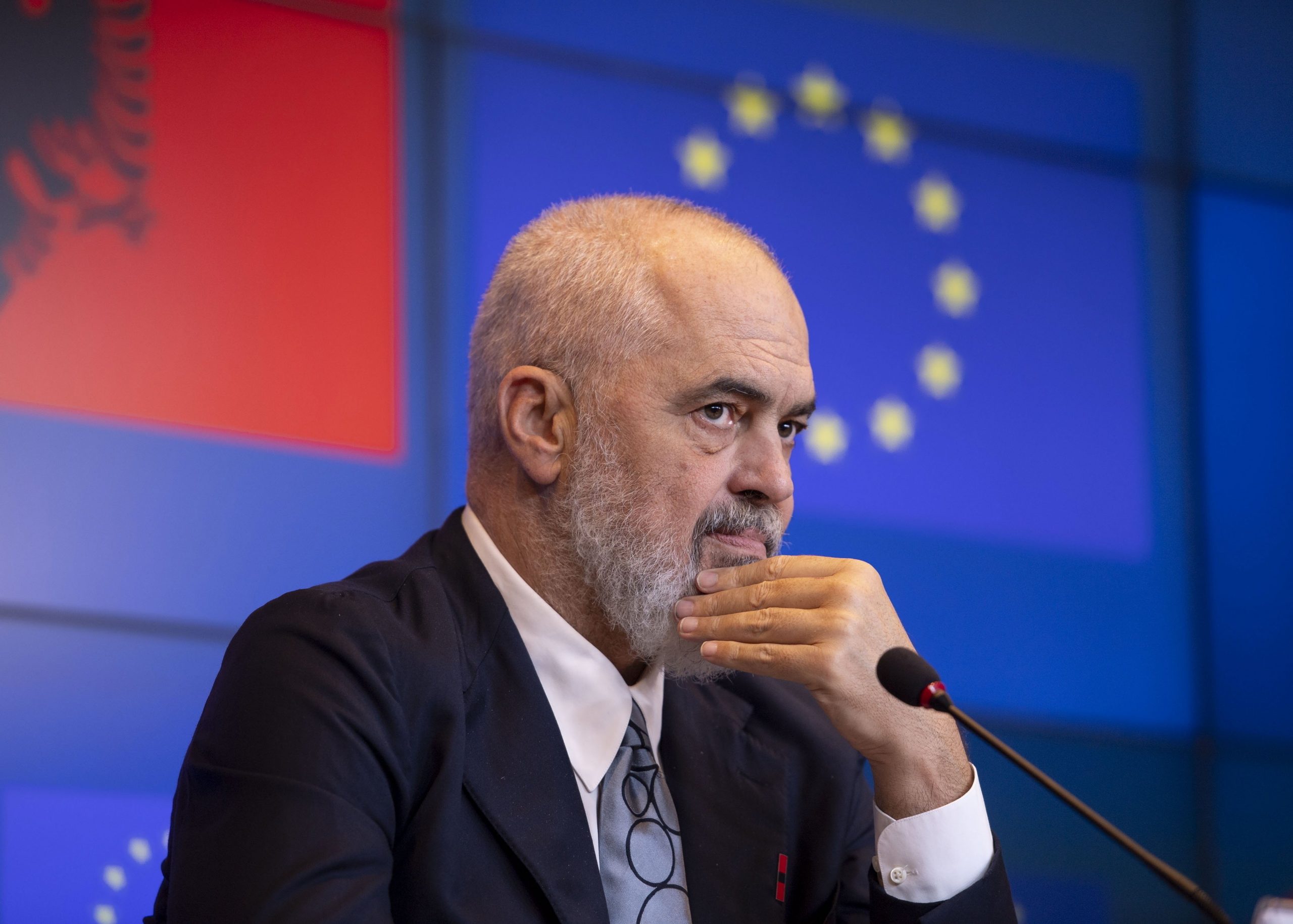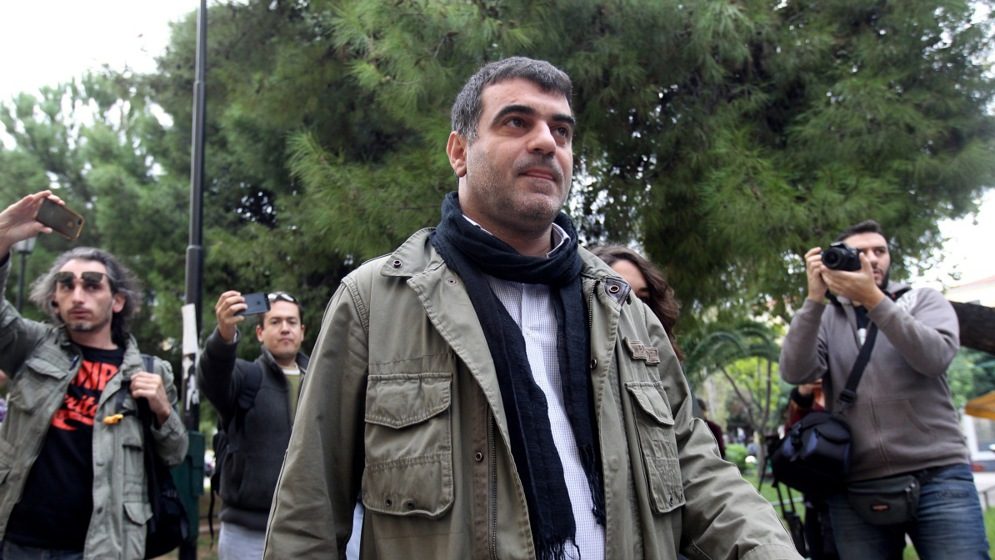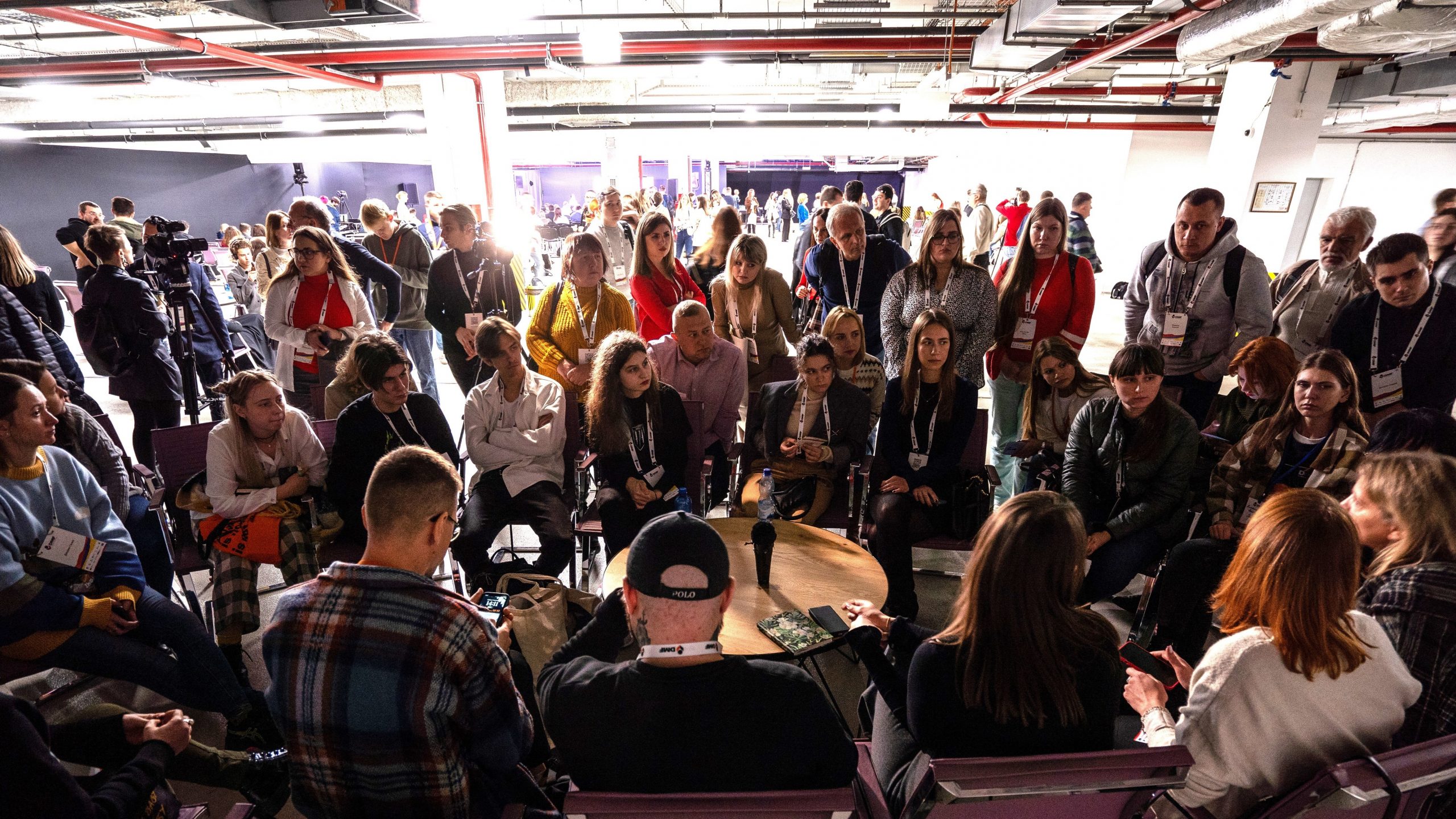The Albanian leader, in power since 2013, insisted his decision was not “rushed” but was based on a survey of some 65,000 parents, 90 per cent of whom had asked for TikTok to be shut down.
“We will close TikTok for a year,” Rama declared, saying the decision would come into force around six to eight weeks after New Year.
The opposition has cried foul, accusing Rama of trying to shut down what has become an important tool of political campaigning ahead of elections in May.
Whatever the motive, Hoxha said the move would have little effect on school violence, “because all social networks now follow the models of short videos like TikTok, even YouTube”.
“Closing a window when there are dozens of them is not the solution,” she told BIRN.
“We are in the digital age, and whether we like it or not, technology has challenges. What needs to be done is to prepare children, but also the family and the parents, to be safe and knowledgeable about the dark side of technology.”
Sensitive political moment

Photo illustration: EPA-EFE/CAROLINE BREHMAN.
Chinese-owned video platform TikTok is hugely popular in Albania, with 1.53 million users in the country over the age of 18 as of early 2024, according to figures from parent company ByteDance. It is reaching even more given that, officially at least, TikTok has a minimum user age of 13.
Rama’s political opponents say the ban is actually about disadvantaging them ahead of a parliamentary election on May 11, when the ruling Socialists will bid for an unprecedented fourth mandate since 2013.
Sali Berisha, leader of the opposition Democratic Party, described the announcement as an “extreme act of censorship”. Berisha’s own TikTok account has some 66,000 followers, but Rama’s has more than twice that number. The prime minister stopped posting on TikTok in November.
“The decision is worrying as it comes in an election year, a ‘hot’ and sensitive period for politics,” said Blerjana Bino of the Safe Journalists Network, an NGO based in Tirana.
“Such a decision can be interpreted as an attempt to prevent new alternatives from expressing themselves and connecting with voters.”
Bino expressed concern that no official document, decision or report had been published providing any legal justification for banning TikTok in Albania.
“This raises uncertainty about the legal basis and creates a dangerous precedent for the closure or limitation of other platforms in the future,” Bino told BIRN
“We don’t even have the report on the consultation with parents and we do not have any consultation with other stakeholders. A decision with such a large impact on freedom of expression necessarily requires extensive consultation in order to avoid arbitrary decision-making.”
“The total shutdown of TikTok seems like an excessive measure, as there are more balanced methods to combat harmful content or potential privacy violations. For example, the control of harmful content can be increased in cooperation with the platform itself.”
Social networks fuelling violence, or just reflecting it?
 The Albanian parliament in session. Photo: parliament.al
The Albanian parliament in session. Photo: parliament.al
Concerns have been raised before about children under the age of 13 accessing TikTok, bypassing the platform’s restrictions.
The platform told BIRN it was committed to strengthening its safety measures and had initiated cooperation with the Albania’s regulatory Audiovisual Media Authority, AMA, to facilitate the flagging of content that might violate local regulations or TikTok’s own Community Guidelines; it said it is also working with the Centre for Children’s Rights Albania, CRCA, to support the digital skills of parents and guardians, teachers and other professionals working with children.
Many parents say self-regulation by social media platforms is not enough to protect children from violent, offensive or discriminatory material.
But Megi Reci, lawyer and researcher on digital security at the Tirana-based Institute for Democracy and Mediation, IDM, said a TikTok ban was not the solution.
“Violence is a complex problem that exists in every environment and one of these environments is the digital environment also,” Reci told BIRN. “Shutting down a single platform does not guarantee any kind of solution or end to violence. Plus, there are other platforms where communication can be moved to; it’s not just Tik Tok.”
Reci noted that Rama’s government had previously sought solutions in consultation with TikTok. She said she had not seen “any analysis” as to why Rama had suddenly decided on a ban.
Bino said the issue required a “much broader approach”.
“Security problems in schools, cyberbullying or inappropriate use of social networks are in many cases related to deeper socio-economic and cultural challenges and require a much broader approach than simply closing an application,” she told BIRN. “These phenomena will not automatically be solved by shutting down TikTok, because young people will move to other platforms or use VPNs.”
Rigels Xhemollari of the Tirana-based NGO Qendresa Qytetare [Civic Resistance] said the ban would have a greater effect on the election campaign than on child safety.
“In a situation in which various political figures have a high audience on TikTok, even without payment, I think it will have a negative impact on those parties without economic and political power, who are unable to buy time on television, Facebook or Instagram,” he said.
Ermal Hasimja, a political scientist who also runs a private school in Albania, said its students tended to communicate more on WhatsApp.
“The problem of crime does not come from social networks,” he said. “It is only reflected there.”






















